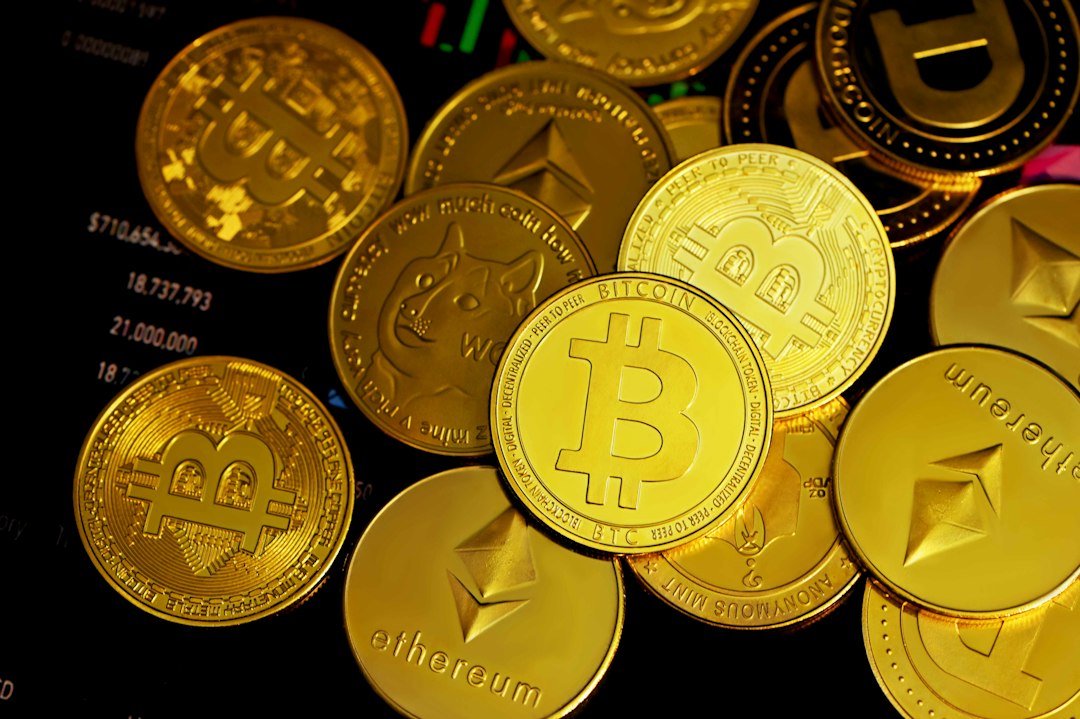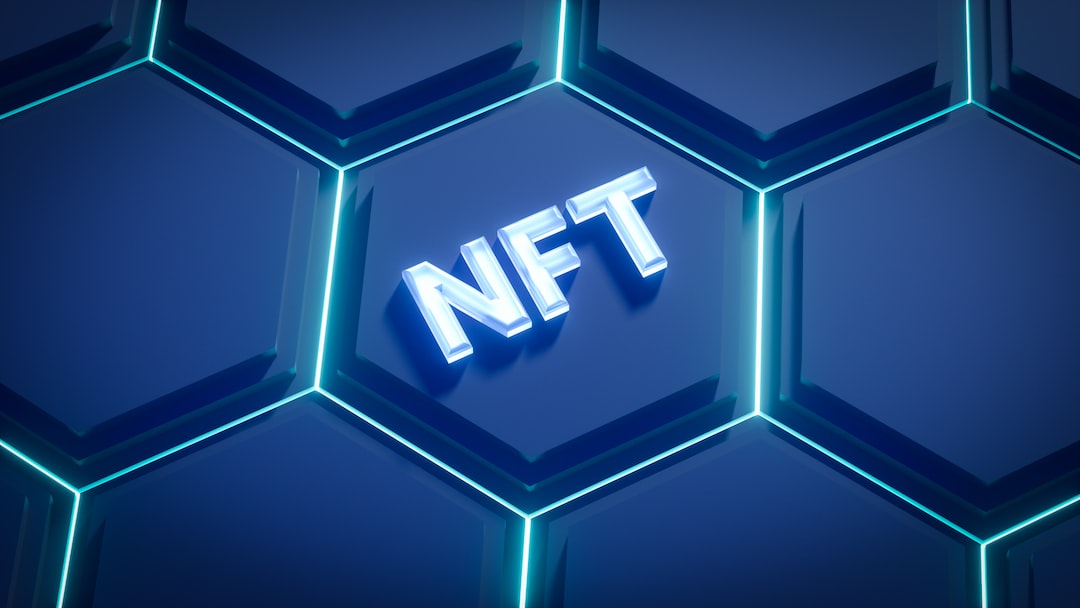Impact of the FATF’s Greylisting
A recent report reveals that the decision by U.S.-based crypto exchange Kraken to stop accepting deposits from South African nationals led to a surge in the premium on crypto assets like bitcoin, reaching up to 3.5%. Prior to this, the premium had typically ranged between 0.7% and 1.5%. Kraken’s move came after its banking partner added South Africa to its anti-laundering blacklist, possibly in response to the country being placed on the Financial Action Task Force (FATF)’s greylist.
Key Points:
- Kraken’s decision to block South African deposits caused a surge in the premium on crypto assets.
- The move is believed to be linked to South Africa being placed on the FATF’s greylist.
- Some analysts predict that this greylisting could impact South Africa’s ability to secure loans from foreign banks.
- Alternative options have been found by market participants affected by Kraken’s decision.
- Arbitrage services that do not rely on Kraken are unaffected by the premium increase.
In a statement, Omer Iqbal of Fivewest, a crypto arbitrage service provider, commented on Kraken’s decision, stating that their services are unaffected as they do not use Kraken. He mentioned that the premium shot up due to restricted volumes on Kraken, benefiting clients who are not reliant on the exchange. Kyle Dowie, co-founder of another crypto arbitrage provider, Dooya, suggested that the premium will eventually drop when Kraken establishes a new local banking partner.
Hot Take:
The FATF’s greylisting of South Africa and its impact on crypto exchanges like Kraken highlights the interconnected nature of the crypto world. While it may initially cause disruptions, the crypto market has proven to be resilient and adaptable. Market participants quickly find alternatives and the premium on crypto assets is expected to stabilize once new partnerships are formed. This episode serves as a reminder of the need for regulatory clarity and cooperation between crypto companies and financial institutions.





 By
By
 By
By
 By
By
 By
By
 By
By
 By
By